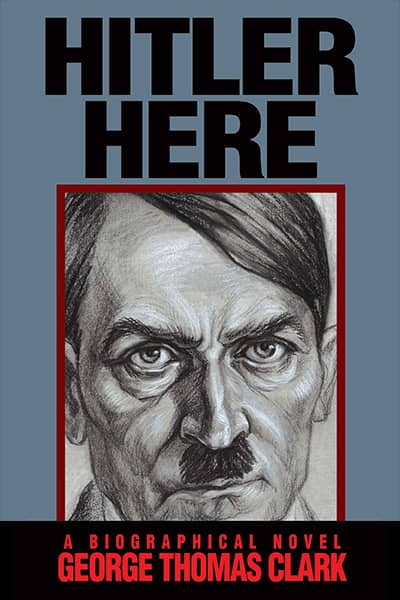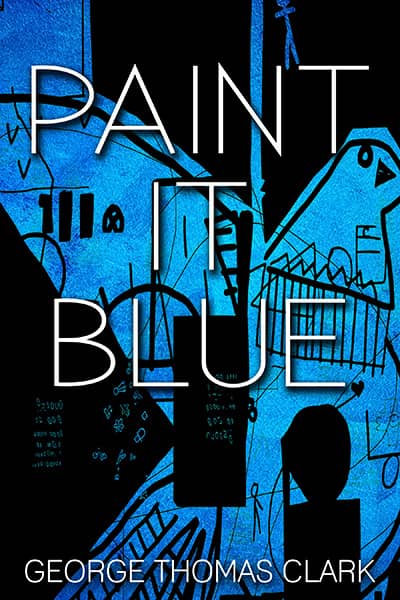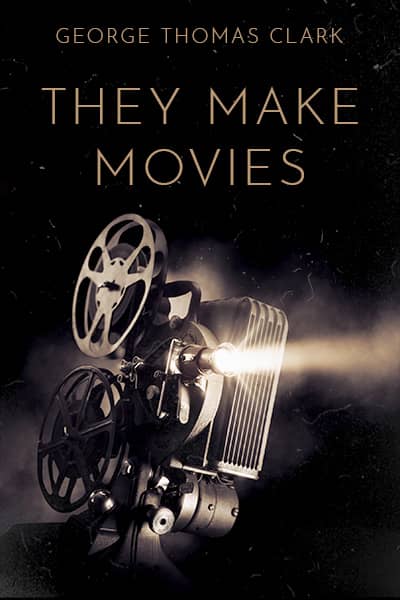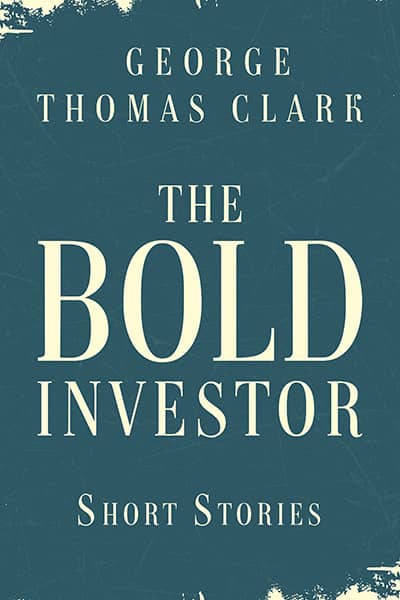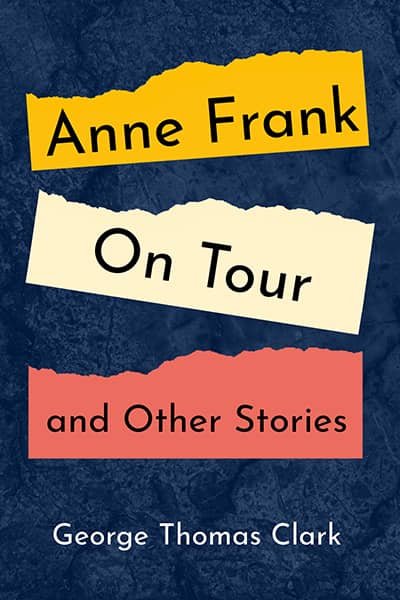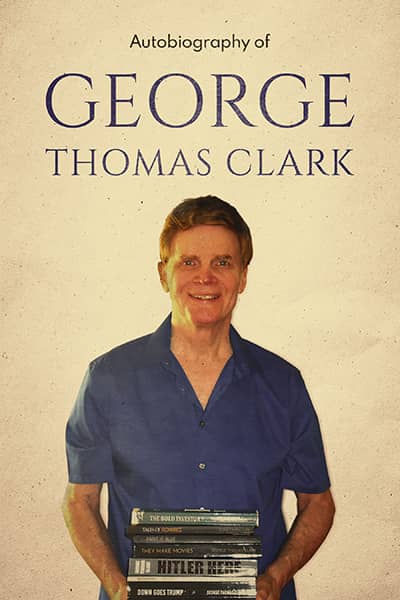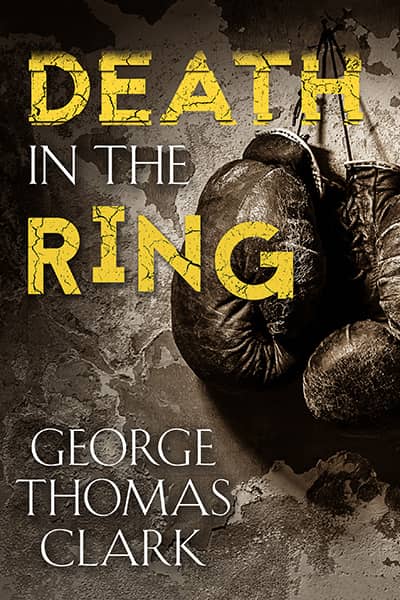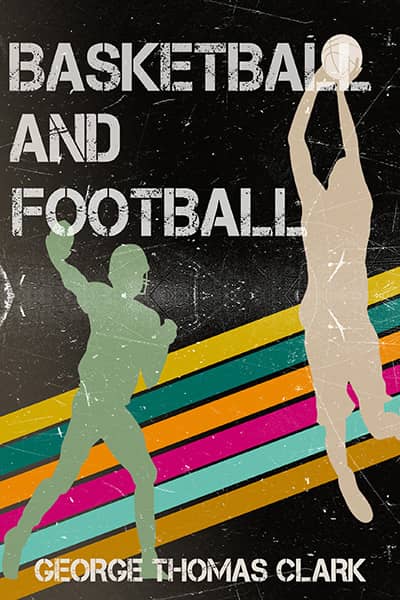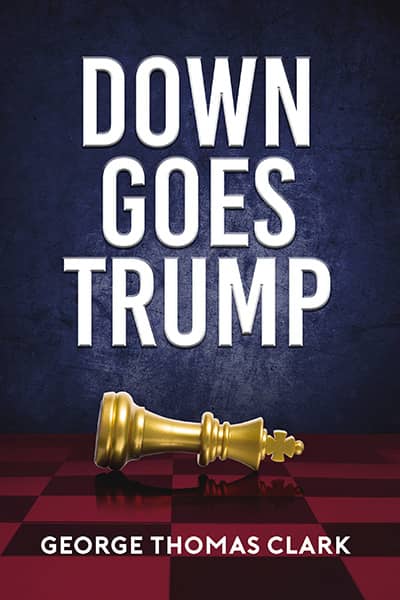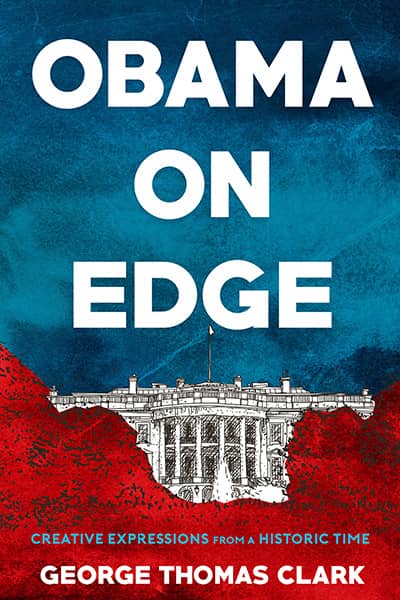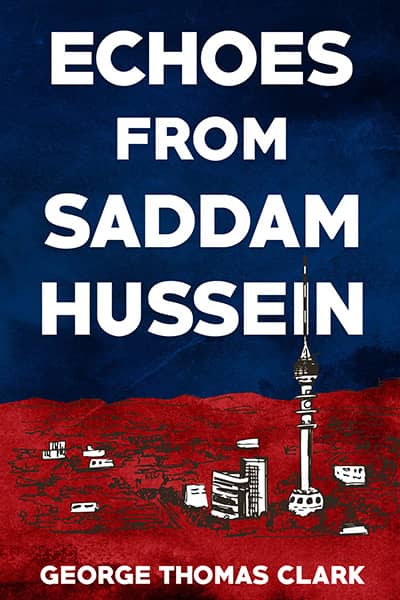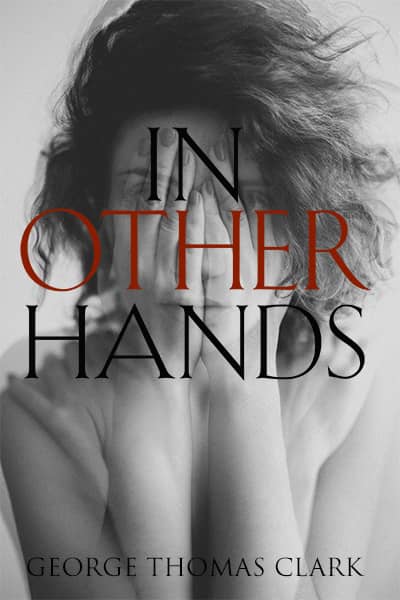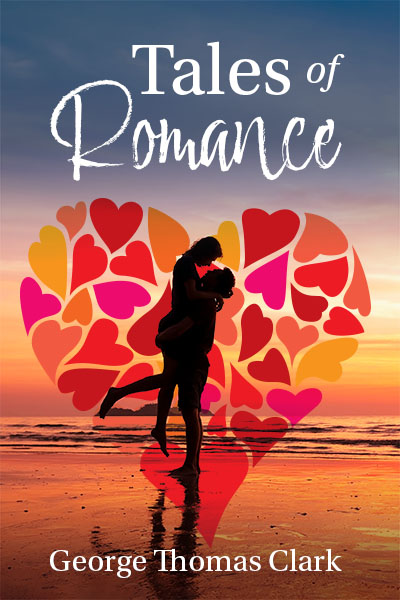Hemingway Fifty Years Dead
July 6, 2011
Early morning on a July second Ernest Hemingway, battered by decades of alcoholism, assailed by a brain injured in one car and two plane crashes, haunted by a lifelong fear of inherited mental illness and certain that it and rapid aging had forever rendered him paranoid and defeated, quietly arose from a bedroom separate from that of Mary, his sleeping wife, softly walked to get keys to a locked cabinet, then opened it, selected his favorite shotgun, pushed in two shells, moved to the entrance of the home, put the rifle butt on the floor, bent over, and shoved the barrel into his mouth. He would’ve soon been sixty-two.
In the half century since his death some academicians have shouted that Hemingway’s writing is drab and dated and no count, and unsurprisingly these are often people who read and write stories that grind rather than entertain or inspire. Far more readers are moved by his subtle depictions of characters overwhelmed by the physical and emotional traumas of war, by loneliness, disintegrating marriages, alcoholism, aging and more. They’re moved by the grace and power of his prose.
I imagine that Woody Allen and author Julian Barnes used to dislike the man and his writing but have involuntarily become impressed and now are compelled to use their own work to try to exorcise or at least alleviate the discomfort of being unable to ignore Ernest Hemingway. Allen has fun in his delightful film “Midnight in Paris,” transporting an unhappy boyfriend away from his fiancé and back to the 1920’s and into bars and living rooms energized not only by Hemingway but Scott and Zelda Fitzgerald, Pablo Picasso, and Gertrude Stein. The legendary days of creating and partying and loving in Paris are brought into your embrace, and Allen repeatedly shows a late-twenties Hemingway pontificating that it’s essential to be brave and tough and ready to die in war. This isn’t a left hook from Allen, though he may in part have wanted it to be. It’s a tribute. It’s short, skinny, and awkward Woody saying all right I feel insecure thinking what it would’ve been like to be around this man, but he would’ve been worried about my talent and intelligence, too.
Julian Barnes, I presume, is speaking for himself in the story “Homage to Hemingway.” Barnes, rather than his writer-professor who struggles in love and letters, once felt Hemingway wasn’t good enough to be so famous; he was primarily an entertaining macho-ham whose novels are “on steroids” and too skinny to go the distance. Evidently Barnes either hasn’t read or has read but failed to understand “The Sun Also Rises” and “A Farewell to Arms.” Their energy and emotional impact endure. Barnes is correct, however, in indicating that Hemingway’s best short stories are word for word more powerful than his novels. Sprinters inevitably run faster than marathoners. Hemingway was a hell of a distance runner but a better sprinter.
